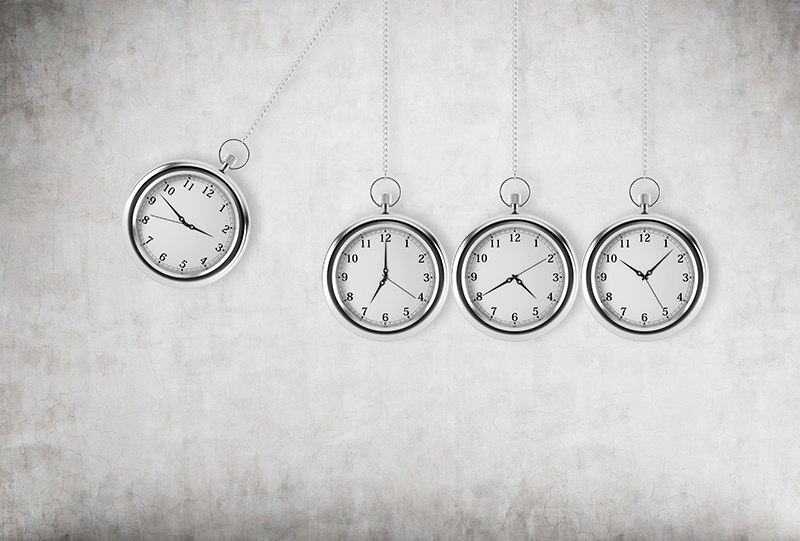SAGE ADVICE
By Iris Winston
Punctuality is the politeness of kings. The words of the eighteenth-century monarch King Louis XVIII of France ring down the ages and have significance for anyone who has had to wait and wait as the minutes creep by in the aptly named waiting room of a doctor’s or dentist’s office.

As the patient, you make every effort to arrive a few minutes before the appointed hour, partly as a matter of courtesy and partly because, if you are late, the medical professional will either cancel your appointment or, possibly, charge a late or missed-appointment fee for disrupting the flow of patients.
But maintaining punctuality rarely seems to be ma two-way street. As the day goes on, wait times get longer. And even early in the morning, delays are not unusual. Certainly, emergencies require immediate attention. No one objects when someone in life threatening danger or severe pain is given priority. That’s what triaging is all about.
But when the waiting game is the norm, it is more than annoying and a waste of time. It shows a lack of respect for others because the suggestion is that the medical professional views his or her time as more valuable than the patient’s.
My last trip to my dentist’s office involved one of those frustratingly long waits, despite my asking the receptionist when I arrived whether I would be seen on time. After saying she thought all was well, she checked with the dentist, who warned he would be another 10 minutes. Ten became 20, then 30 and actually stretched into 45, which meant I had time for only one of the two procedures scheduled or I would have been late for a subsequent appointment. (Perhaps it is unwise to try to organize more than one appointment on a medical/dental day, but if everyone stayed on time, it would be a more efficient use of time and gas money.)
In any case, the dentist offered a qualified apology, noting the previous case had been complicated and he would not compromise the quality of his work by rushing. He added that he would have done the same for me, had I been the person in the dentist’s chair needing extra time. I am grateful for that and recognize he is indeed an excellent practitioner. But this long wait was not a one-off caused by an emergency. It happens almost every time, so, rather than shrugging at the unpredictability of the time required to treat patients, wouldn’t it be better to build in safeguards? This could be as simple as booking fewer patients, allotting a little extra time for each patient or inserting a gap between patients.
My family doctor also periodically runs behind. But, not only does she apologize sincerely and immediately as she enters the examination room, she is also clearly doing her best to accommodate all her patients without rushing anyone. Though the wait is still an issue, the impression is very different from that left after a much longer wait at the dentist’s office.
A lack of respect for other people’s commitments and time constraints is not confined to medical matters alone. There are the multi-hour time windows offered by large companies whose technicians will come to the house somewhere between early morning and late afternoon or tradespeople who promise a specific time and finally show up hours later without calling to warn clients they will be late.
There are also non-commercial visitors who are equally cavalier in social situations. I once tried to ensure that a couple of guests, known to be chronically late on every occasion, did not hold up the other guests who were invited to dinner. I tried to save the late birds embarrassment by inviting them an hour earlier. They were still the last to appear, but at least their arrival could be called “fashionably late” rather than an evening spoiler for everyone. This would have been a reasonable solution in dealing with Mr. and Mrs. Always Late, had they not learned of the time discrepancies in my invitations and been mortally offended. This and a few other differences in outlook meant that a budding friendship had an extremely short life.
Clearly, this couple, like too many medical professionals, were not familiar with the words of King Louis or with the concept of treating others as you wish to be treated.
This is the last of the Sage Advice columns by Iris Winston. She will continue contributing to Fifty-Five Plus.






